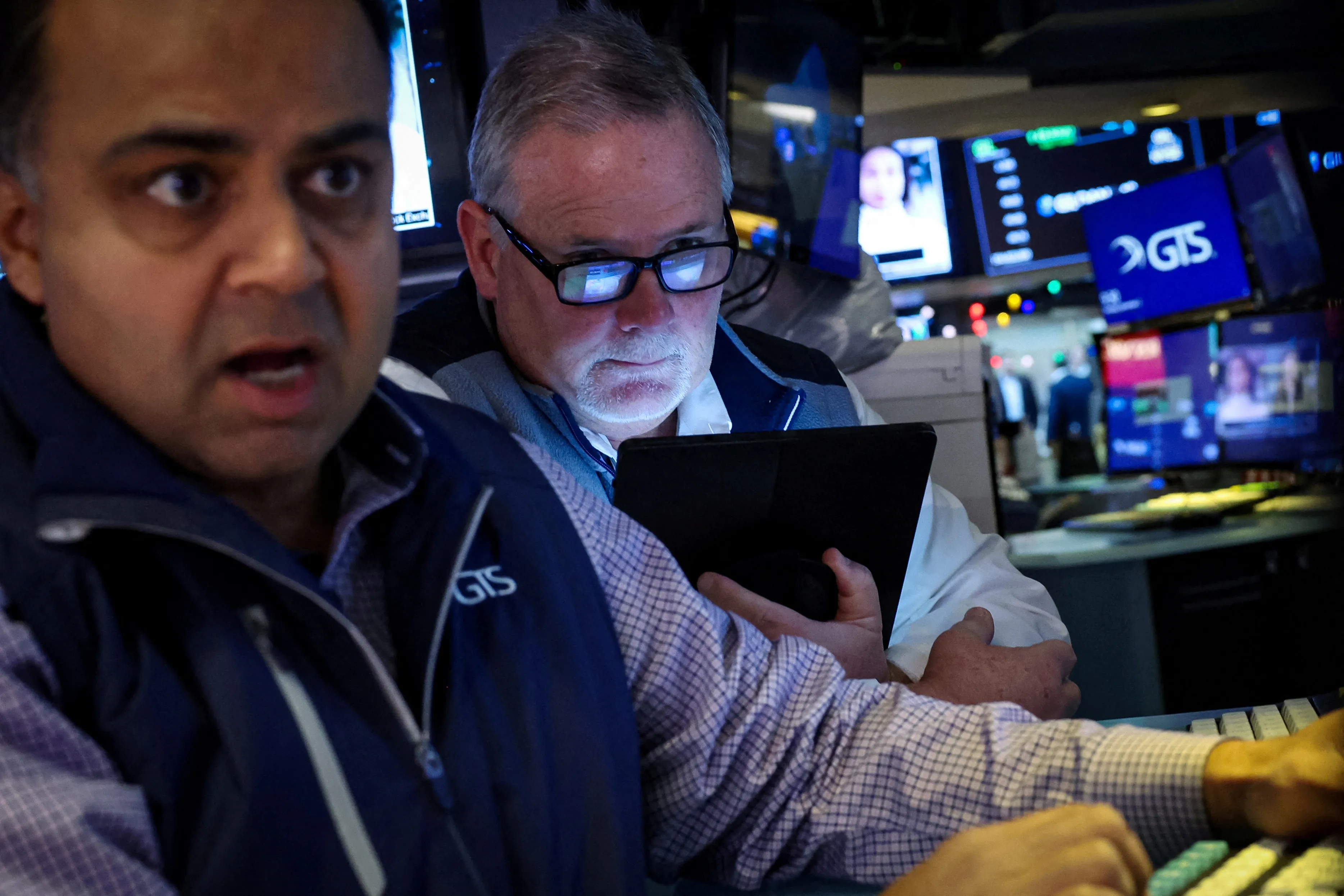Stocks climbed as investors responded positively to U.S. President Donald Trump’s suggestion that tariffs on automobiles might be paused. This announcement followed his earlier decision to suspend duties on certain consumer electronics, sparking renewed optimism in the markets.
In Europe, the Stoxx 600 Index rose by 1.2%, helped by strong gains in auto-related stocks such as Stellantis NV and Continental AG. However, the luxury sector saw turbulence as LVMH dropped more than 8% after reporting disappointing sales figures. The slump caused LVMH to lose its position as Europe’s most valuable luxury company, handing the title over to Hermès.
Meanwhile, U.S. stock futures nudged slightly higher, reflecting cautious optimism among investors.
Boeing Co. shares came under pressure during premarket trading following a Bloomberg News report that China had directed its airlines to halt further purchases of Boeing jets. This action marked another escalation in the ongoing trade tensions between the U.S. and China, coming after the Trump administration implemented tariffs as high as 145% on certain Chinese imports.
U.S. Treasury markets saw some recovery, particularly in 10-year notes, after last week’s steep selloff. Meanwhile, the dollar remained steady following five consecutive days of losses, signaling that markets may be entering a more stable phase after recent volatility.
Market sentiment appeared to stabilize as Trump’s recent tariff exemptions stirred hopes of renewed diplomatic dialogue, following a period when his tariff moves erased $10 trillion from global equity markets and triggered a selloff in government bonds. However, the U.S. government continues to press ahead with plans to introduce new tariffs on semiconductor and pharmaceutical imports, with the Commerce Department initiating trade investigations.
Despite the unsettling news regarding Boeing, many analysts believe markets are moving toward a de-escalation phase. David Kruk, head of trading at La Financière de l’Echiquier, noted that the market is now approaching Trump’s announcements with more caution. “We’ve been wrong-footed twice already—first last week, and then again over the weekend,” he said. “We’re holding off on reacting too quickly now.”
Last week’s sharp 50 basis-point increase in 10-year Treasury yields—the biggest weekly jump in more than 20 years—reflected growing concerns that escalating tariffs could inflict serious damage on the U.S. economy. In response, Federal Reserve officials revised their forecasts, lowering their expectations for economic growth while raising inflation projections.
Derek Halpenny of MUFG warned that even though some exemptions are emerging in U.S. trade policy, financial markets shouldn’t expect a major shift anytime soon. “The real concern now is that we’ll start seeing clear evidence of damage to the economy from these tariffs,” he said. “That’s the next trigger for market stress.”
In Washington, U.S. Treasury Secretary Scott Bessent attempted to reassure investors. He dismissed speculation that foreign countries were dumping U.S. bonds, and downplayed the significance of last week’s simultaneous declines in Treasury prices and the dollar. Bessent said the Treasury has tools available to manage market disruptions if necessary and denied that the U.S. is losing its reputation as a safe haven for global capital.
Still, concerns about the broader economic outlook remain elevated. A new survey from Bank of America found that investor sentiment is at its most pessimistic level in 30 years. However, that negativity hasn’t yet fully translated into portfolio shifts. Analysts suggest that this disconnect could lead to further declines in U.S. stock markets.
According to the BofA survey, 82% of fund managers expect the global economy to weaken further. A record number of them plan to reduce exposure to U.S. equities in the coming months. Yet cash holdings have only risen to 4.8% of assets, below the 6% threshold that typically signals “peak fear.” As strategists led by Michael Hartnett noted, “Fund managers are maximally bearish on macroeconomic conditions but haven’t fully reflected that in their market positioning.”
Over in Asia, Japanese stocks led regional gains, especially in the auto sector. Shares of Toyota Motor Corp. and Honda Motor Co. posted strong performances, benefiting from the improved global risk sentiment.
In the commodities space, oil prices fluctuated as traders responded to ongoing trade tensions and speculated about potential easing of restrictions on Iranian crude exports. Meanwhile, gold approached record highs, driven by consistent demand for safe-haven assets amid continued uncertainty.
“The current environment is incredibly complex,” said Christina Woon, a portfolio manager at Eastspring Investments. “With the U.S. messaging changing almost daily, it’s hard to maintain a stable investment strategy.”
Overall, while markets found some relief from the latest developments, underlying tensions and uncertainty remain high. Investors are carefully watching for further signs of trade policy shifts and economic fallout, balancing hopes of de-escalation against the risk of prolonged volatility.

Subscribe to our newsletter!
As a leading independent research provider, TradeAlgo keeps you connected from anywhere.








